The researchers working within this theme are focused on how deep water megafauna in general, and corals in particular, respond to exposure to oil and dispersant. They conduct shipboard and laboratory experiments investigating the responses of several different types of coral to exposure to oil and/or dispersant. They are using a variety of molecular tools, including transcriptomics and proteomics, to better understand how the corals respond at the molecular level. They are following the recovery (or lack of recovery) of coral communities impacted by the 2010 Deepwater Horizon spill. They are returning to several sites in the vicinity of the Macondo wellhead where they discovered living coral communities, and are following the condition of individual colonies using high-resolution imagery and computer-based digitization of the images to quantify changes over time.
This theme aims to address components of the following ECOGIG research areas:
Clarify the biogeochemical dynamics, processes, and ecosystem impacts of natural hydrocarbon (oil & gas) seepage in the Gulf ecosystem by:
Defining how natural hydrocarbons influence the diversity, activities and functions of water column and benthic biological communities relative to control sites.
Measure how hydrocarbons are incorporated into marine oil snow and evaluate its formation, dynamics and fate in the Gulf by:
Determining the fate of marine oil snow in the water column and in the benthos and evaluating the impact of marine oil snow on corals.
Measure the biological impacts of anthropogenic disturbances (hydrocarbon discharges and dispersant application) by:
Measuring the response of natural biological communities (microorganisms, infauna, corals) to exposure to oil, dispersant, and oil-dispersant mixtures.

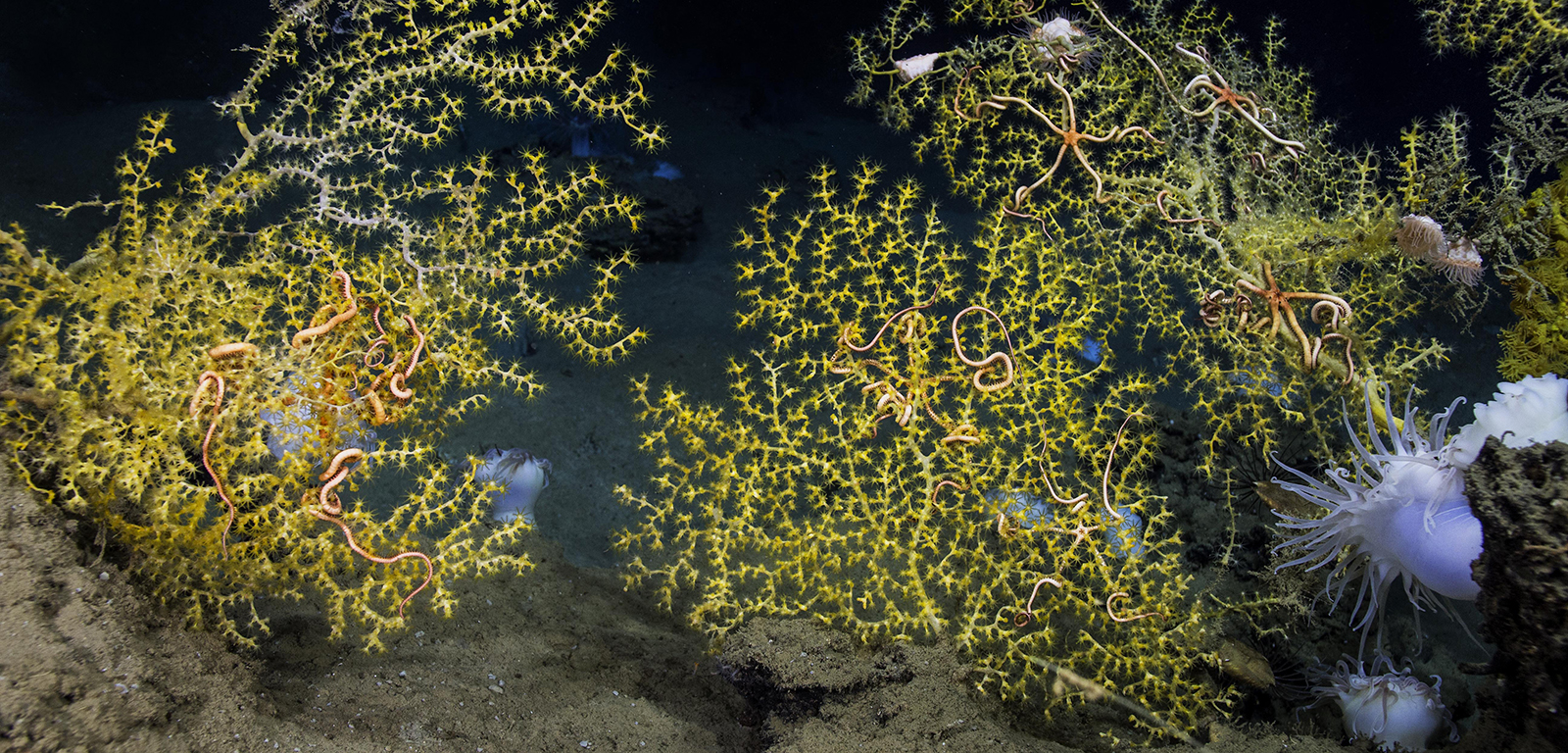
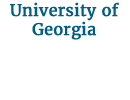
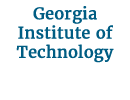
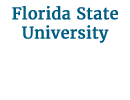
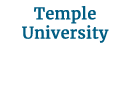

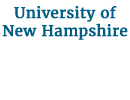
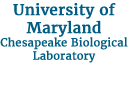
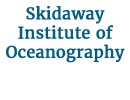

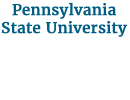
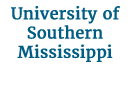
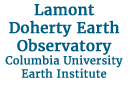
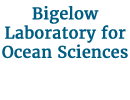
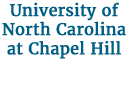


 back to top
back to top